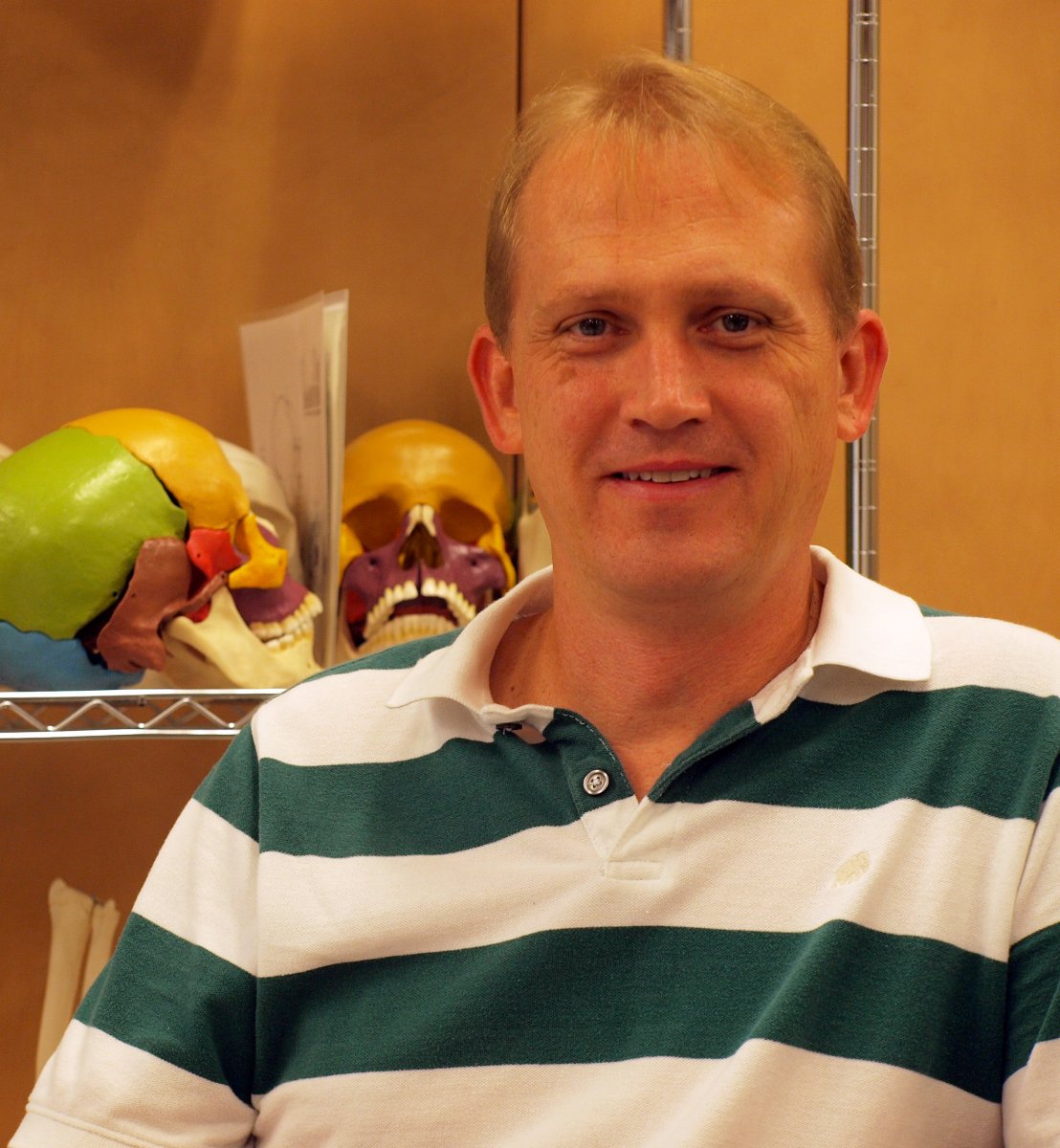Through his research on anaerobic organisms that grow in the human intestine, Miami University Associate Professor of Microbiology Dr. D.J. Ferguson is working toward a cure for heart disease. Ferguson’s widely published research explores how these organisms break down common compounds during the digestive process. Some of the organisms convert these compounds into other compounds that lead to atherosclerosis, a leading cause of heart disease, while other gut organisms do not.
Ferguson said that one of his key research tools is OhioLINK because it allows him to keep up-to-date, even on a daily basis, of the research going on in microbiology.

“I’m always looking up papers related to my research and I love the online resources available. I use it to access papers right from my laptop, which allows me to save a lot of time and effort,” he said. “Plus, if the research I need is not available right away, I can use OhioLINK to get it from another university in a couple of days. In a word, it’s very convenient.”
Finding research can be difficult because the research on these processes is very new; the first papers didn’t start coming out until 2011. While most of the current research is figuring out how gut organisms create these disease-causing compounds, Ferguson’s research is focused on the alternative: identifying the processes that do not create these dangerous compounds, which could be a key to preventing heart disease.
“There’s a class of enzymes we’re interested in that can carry out these reactions,” he said. “We’re interested in what organisms have this, how prevalent they are in the gut, and how we might see differences among people that might explain why some people are more susceptible to heart disease than others.”
The impact of this research is profound enough to have the attention of the National Institutes of Health, and Ferguson’s team is optimistically waiting to hear back from NIH about a proposal they have submitted.
Ferguson advises undergraduate microbiology students to get involved in as much research as they can as a way to connect to the coursework in a meaningful way. Reading and knowing the research literature is equally important and a major helping point.
“A lot of times when you’re taking classes and you’re learning about things, they can seem rather abstract,” he said. “But when you actually start doing research, it puts all that information into practice. Getting involved in research early on can help you get a lot more out of your education because you see the relevance of it and why you need to learn things.”
Ferguson said that he hopes his research will eventually lead to a better understanding of how our intestinal microorganisms contribute to heart disease.
“And that will eventually lead to ways to ameliorate heart disease by altering the metabolism going in our intestines in such a way that people are less likely to develop atherosclerosis,” he said.

